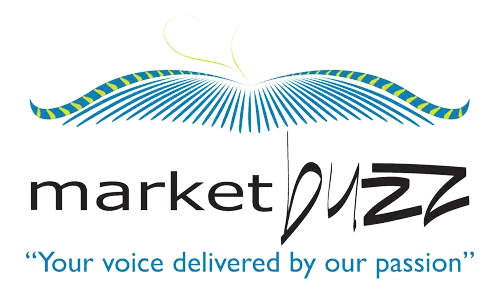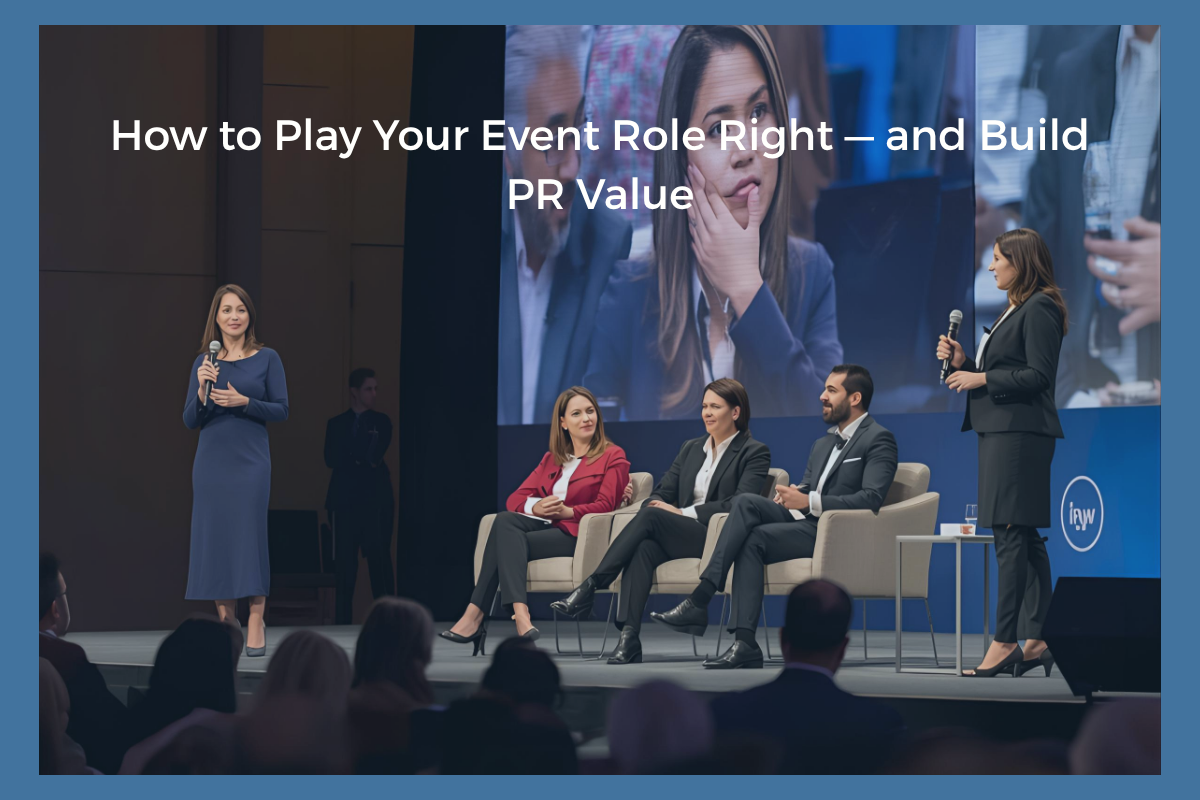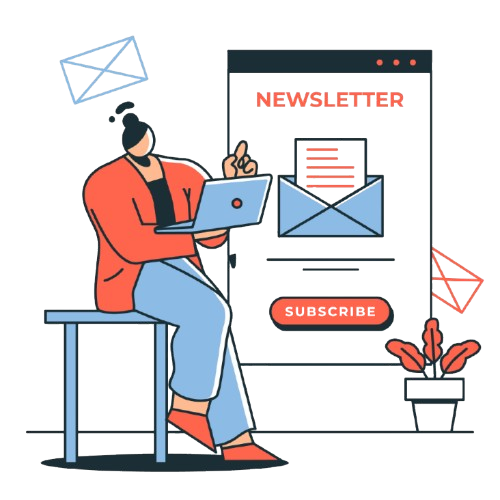With event season in full swing across the Middle East region, opportunities to be seen, heard, and remembered are everywhere. Whether you’re speaking on stage, moderating a discussion, or managing things behind the scenes, the way you handle your role can have as much impact on your reputation as what you say.
Every role at an event is a chance to build credibility, demonstrate leadership, and strengthen your network — if done with intention and good PR sense. Here’s how to make the most of it.
The Speaker: Share, Don’t Sell
Being invited to speak means you’ve earned trust — now it’s time to honour it. A speaker’s credibility comes from authenticity and insight, not from pitching products or over-polishing slides.
Do:
- Offer genuine takeaways or lessons learned that others can apply.
- Rehearse your timing and delivery — respect the agenda and audience attention.
- Stay accessible after your session for media or audience follow-ups.
Don’t:
- Overrun your time slot or use jargon-heavy brand talk.
- Assume every slide needs to feature your logo — sometimes your experience is the best marketing.
PR tip: Follow up your talk with a short post on LinkedIn summarising your key insights. Tag the organisers and fellow speakers to amplify visibility.
The Panellist: Collaborate, Don’t Compete
Panels are where personalities, perspectives, and power dynamics collide — and that’s what makes them so engaging. The best panellists know how to contribute without overshadowing others.
Do:
- Listen actively and build on others’ points — it shows respect and agility.
- Keep your answers concise and quotable.
- Bring fresh perspectives or data to support your points.
Don’t:
- Interrupt or steer every question towards your business.
- Treat the panel as a competition — audiences notice when egos clash.
PR tip: Post a short reflection after the session on what you learned from your co-panellists. It shows humility and helps build stronger professional relationships.
The Moderator: Guide, Don’t Grandstand
A good moderator is part conductor, part storyteller, and part timekeeper. The role is less about taking the spotlight and more about creating space for others to shine.
Do:
- Research your panellists well — tailor questions that highlight their expertise.
- Keep time under control and the tone balanced.
- Encourage audience participation and manage tricky questions gracefully.
Don’t:
- Use the platform for self-promotion.
- Allow one panellist to dominate — balance is key to a great discussion.
PR tip: A well-moderated session reflects professionalism and builds long-term goodwill with organisers who’ll remember your composure under pressure.
The Organiser: Plan, Don’t Panic
For organisers, reputation management starts before the first guest arrives. Communication, coordination, and calm under pressure make all the difference.
Do:
- Share clear briefings with speakers, moderators, and media ahead of time.
- Keep schedules tight but flexible enough to adapt.
- Capture event highlights — photos, quotes, short clips — for post-event PR.
Don’t:
- Forget the thank-yous — post-event appreciation posts go a long way.
- Neglect follow-up coverage; media relationships need nurturing, too.
PR tip: A seamless event builds your brand far beyond the day itself. Keep a steady rhythm of updates, shoutouts, and reflections across your channels.
In the End: Every Role is a Reputation Builder
Whether you’re speaking, moderating, or managing, how you show up at an event says more about your brand than any press release ever could. Professionalism, preparation, and respect are the most underrated PR tools — and every role offers a stage to use them well.
For more on event etiquette and reputation management, explore:



